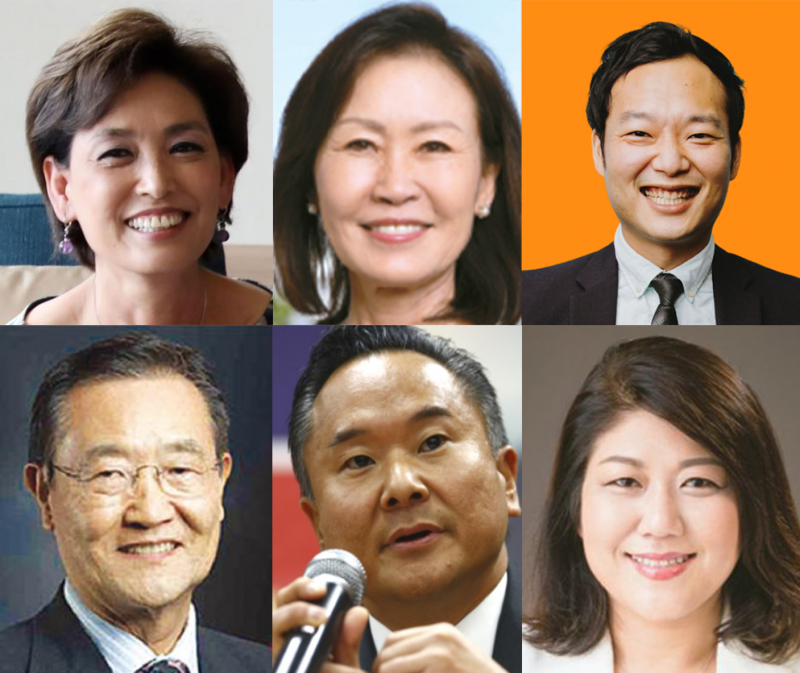The unwritten rule among Korean-American candidates is breaking. Since the early 2000s, the tacit agreement to avoid conflicts between Korean-American candidates has become virtually obsolete as more Korean Americans have entered the political arena.
In a recent case, Los Angeles City Councilmember John Lee of Council District 12 publicly endorsed Democrat Mark Gonzalez three weeks ago for the general election for California State Assembly District 54, which includes Los Angeles Koreatown.
This means that Lee, an independent, has endorsed Gonzalez over his Korean-American opponent, John Yi. Despite having a relatively weak base of support within his own party, Yi won 14,947 votes in the primary, garnering 34% of the vote and posing a threat to Gonzalez, who won 45% of the vote.

The consensus for more Korean-American candidates, regardless of party affiliation, has been around since the 1990s, when first-generation Korean Americans, led by former U.S. Representative Jay Kim, rose to elected office. It was further consolidated in the mid-2000s with the rise of Korean-American political power in Irvine. At the time, major candidates such as Steven Choi and Sukhee Kang were extremely restrained in publicly endorsing opponents of Korean-American candidates or denigrating Korean-American candidates on partisan grounds, despite pressure from within their party.
But now, two decades later, the names of other Korean-American endorsers are readily found on the endorsement lists of Korean-American candidates’ rivals.
Steven Choi, who is running for the California State Senate District 37, is on the endorsement list of Scott Baugh, Korean-American candidate Dave Min’s rival for California’s 47th Congressional District. Min is also throwing his support behind Choi’s opponent, Josh Newman, although he has not made a public statement of support.
The trend of Korean-American politicians supporting non-Korean-American candidates is expected to continue in other races, including the Los Angeles City Council District 10, State Senate, and Representatives. Korean Americans have mixed opinions about this unwritten law. Some argue that it is outdated speculation to assume that they would support Korean-American candidates just because they are Korean Americans themselves.
“As minorities, I agree that we need to rally the Korean-American votes and elect more Korean politicians, but there is a risk in falling into the logic that ‘we are one,'” said a Korean-American official from the City of Los Angeles. “If a candidate lacks the skills and qualities to be a public servant, it is better to support a non-Korean-American candidate to create a better society.”
On the other hand, some argue that it is imprudent to support candidates who openly compete with Korean-American candidates, as it could divide the Korean-American community. “Aside from the factional logic, expanding the political power of the community itself is something that all minorities should consider as a task,” said an elder who has been involved in political empowerment activities. “It’s not something that can be forced, but if it happens internally, it will eventually weaken the competitiveness of Korean-American political power.”
For better or worse, the cohesiveness of the Korean-American vote has continued to decline as second-generation candidates have entered the political arena. Some say the community’s influence could become thinner if the pace accelerates.
“There should be leaders who can coordinate this situation, and, unfortunately, we don’t see them right now,” said former Irvine Mayor Sukhee Kang. “On the other hand, we should also understand that the elections are centered on second-generation Korean Americans, who may not emphasize the unity that the first generation valued the most.”
BY BRIAN CHOI, HOONSIK WOO [choi.inseong@koreadaily.com]




